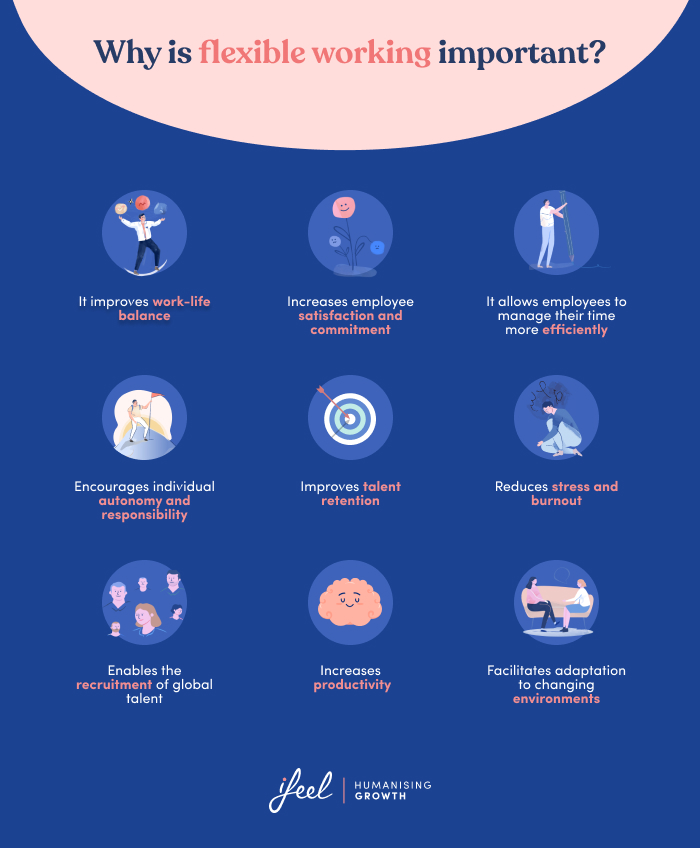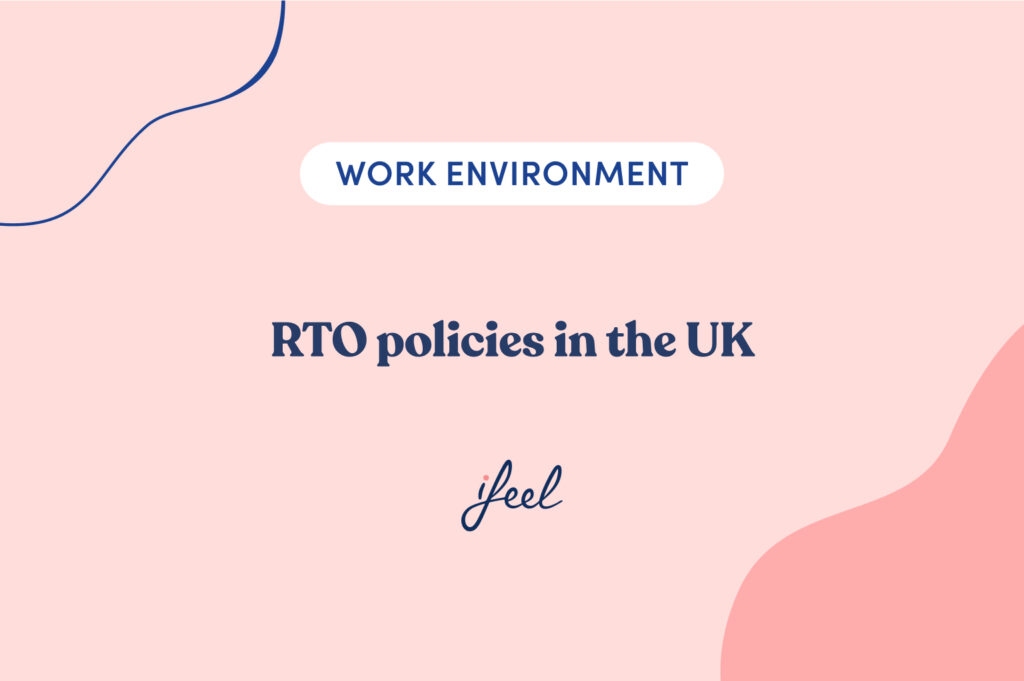As enterprises across the UK navigate the transition back to a full-time office presence, the implementation of RTO policies (Return to Office) is reshaping the workplace landscape. This shift aims to rejuvenate collaboration, reinforce company culture, and boost productivity. However, it also presents significant challenges for employees who have adapted to the flexibility of remote work. Prioritising mental well-being is crucial to ensure a smooth and successful transition.
RTO policies and mental health
Employee mental well-being is a critical component that influences productivity, creativity, and overall job satisfaction. According to Deloitte’s “Mental Health and Employers: Refreshing the Case for Investment,” organisations that invest in mental health initiatives can achieve a return of £5 for every £1 spent. This investment enhances employee retention and recruitment, crucial in today’s competitive job market. The Chartered Institute of Personnel and Development (CIPD) has highlighted that businesses with strong mental health strategies report higher levels of employee engagement and reduced absenteeism.
Moreover, the financial benefits of investing in mental health solutions are echoed by industry leaders. In our latest webinar alonside industry professionals, Sabrina Kruse, Head of HR for the EMEA region at Score highlighted, “For every Euro we’ve invested in the solution for the last 12 months, we get six euros back in terms of investment.” This statement underscores the tangible returns organisations can expect by prioritising mental health, reinforcing the argument for comprehensive well-being programs as a strategic business imperative.
Missed out? Watch the full webinar here!
Key Challenges in RTO policies in the UK
1. Commuting stress
The resumption of daily commutes can significantly impact employees’ mental health. A study on cummter health by the RSPH shows the following:
| Commuter impact | Proportion of commuters |
|---|---|
| Increases stress levels | Over 50% |
| Decreases time spent sleeping | Over 33% |
| Decreases time spent being physically active | More than 40% |
To mitigate these challenges, enterprises may need to adopt flexible RTO policies, such as hybrid work models, staggered schedules, or remote work options.
2. Work-life balance
Transitioning back to the office under new RTO policies can significantly disrupt the work-life balance that many employees have cultivated during their time working remotely. Remote work has allowed employees to integrate their personal and professional lives more seamlessly, offering flexibility in managing household responsibilities, family care, and personal well-being alongside work commitments.
Moreover, the loss of flexibility can impact productivity and job satisfaction. Employees who thrived in a remote work environment due to the ability to tailor their work schedules to peak productivity periods may find it challenging to adjust to the fixed hours of an office setting.

3. Social anxiety and adaptation
The transition back to the office, as mandated by RTO policies, can present significant social anxiety and adaptation challenges for employees who have spent prolonged periods working remotely. During remote work, many employees became accustomed to the comfort and solitude of their home environments, where they could control their interactions and manage their social exposure. The sudden shift to a bustling office environment can be overwhelming, leading to increased feelings of anxiety and stress.
For some, the fear of social interactions, particularly in larger groups or meetings, can be daunting after months of limited face-to-face contact.
Implementing effective well-being strategies
To promote a healthy and productive work environment, organisations must adopt comprehensive well-being strategies that address the diverse needs of their workforce, especially with RTO policies comnig into place in the UK.
Technology and tools: Utilising technology can make mental health resources more accessible to employees. Offering tools such as meditation and mindfulness apps can support mental well-being, helping to create a more focused and resilient workforce.
Creating a supportive culture: Fostering an environment of openness and encouragement allows employees to seek assistance without hesitation. By prioritising transparency and support, enterprises can boost satisfaction and well-being.
Flexible work arrangements: Offering flexible work options, such as remote or hybrid models, can help employees balance professional and personal responsibilities, reducing stress and enhancing overall job satisfaction.
Training for managers: Providing managers with the necessary skills to identify and address mental distress is crucial. Well-trained managers can offer effective support, ensuring team members feel understood and valued.
The Leadership Lens🔎
Leadership is crucial in managing the challenges of RTO policies, particularly in fostering a supportive culture that addresses employee mental well-being. By promoting openness and encouraging employees to express concerns, leaders can help ease the transition back to the office. Demonstrating empathy and flexibility, they set the tone for a balanced work-life integration, ensuring that support systems are in place to mitigate stress and anxiety.
Unlocking teams’ potential
As enterprises implement RTO policies, prioritising mental well-being is essential for long-term success. By implementing comprehensive well-being programs, offering flexible work arrangements, and fostering a supportive culture, companies can enhance employee satisfaction and productivity.
To support companies in this process, our team of expert workplace well-being psychologists has created a mental well-being solution for businesses that improves talent retention, reduces presenteeism, and combats employee stress.
With our mental well-being solution, your company’s HR managers can receive personalised, data-driven advice on improving mental health at work. In addition, this solution offers employees a 360° mental well-being solution structured at different levels according to their needs. Try our solution now to see how it could help you.
We hope you found this article on RTO policies interesting. If you would like more information about our mental well-being solution for enterprises, simply request it and we will get in touch with your team as soon as possible.







